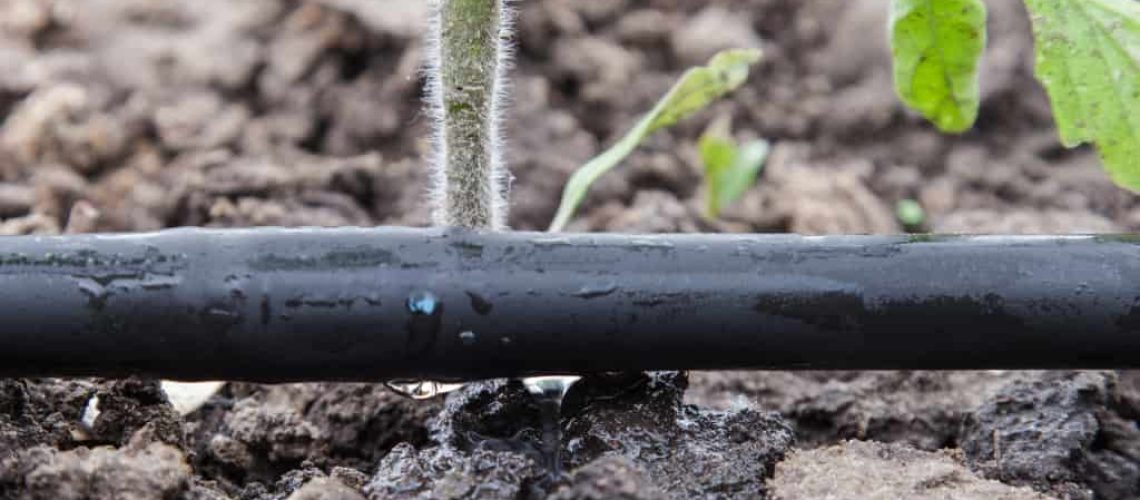Irrigation is a very important tool for growing all types of plants. Whether it’s a lawn, a flower bed, or a cash crop receiving the water, it can turn into a very inefficient system if the irrigation system is not properly designed and used. These four tips can help you determine whether an irrigation system is at peak efficiency.
Never Use Overhead Irrigation
If you’ve ever found yourself standing in the path of overhead irrigation, you undoubtedly found yourself getting very wet in just a few seconds. Despite their soaking power, overhead systems are the least efficient agricultural irrigation systems. Overhead systems allow small droplets to blow off-target or evaporate altogether, and they water areas that are far from plant roots. A better option is drip irrigation, which places water at ground level along the row.
Irrigate in the Evening
Another advantage of drip irrigation is that it permits you to water in the evenings without impacting plant health. When foliage stays wet overnight, fungal diseases are likely to break out. However, morning irrigation allows the Florida sun to capture much of the water we apply. The best way to manage agricultural irrigation is to use a drip system that operates in the evening and keeps leaves dry (unless daytime temperatures call for extra water).
Properly Maintain Equipment
Water is actually a destructive force, even under low pressures. Long growing seasons with many gallons of water flowing to your crops will slowly expand the openings in your drip lines or nozzles, allowing higher water flow to develop. Replace older components as wear begins to set in. Be sure you also replace leaky gaskets, clamps, valves, and lines anywhere in the system they are found.
Minimize Runoff
A good system puts all the water on the crop and none where it’s not needed. A good agricultural irrigation system must apply water to the soil without getting it in filter strips, roads, or other non-vegetative features. Make regular checks of all equipment to verify that all water is going to its targeted crop instead of to waste areas.
Utilize Mulch
The most effective means of conserving water is to use mulch. In the landscape, that’s usually shredded cypress or chips of pine bark. In a crop situation, plastic is the main mulch. Vegetables and other crops grown through plastic with trickle or drip irrigation systems underneath will get the maximum effect of irrigation water with minimal waste and evaporation.
Modern technology has made irrigation much more efficient, but it’s still up to the producer to do those final steps to keep every drop as close to its target as possible and on-site for as long as possible to minimize wasted water.
For help with your agricultural irrigation system in Southwest Florida, contact the Mud House. We would be delighted to consult with you about your specific needs, as agricultural irrigation has been at the core of our business since 1977.

